
Vistaar Publications

39 books




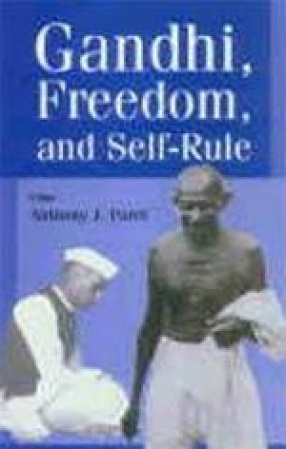
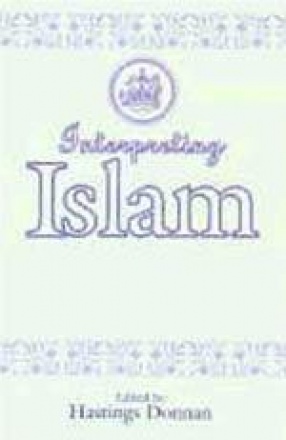
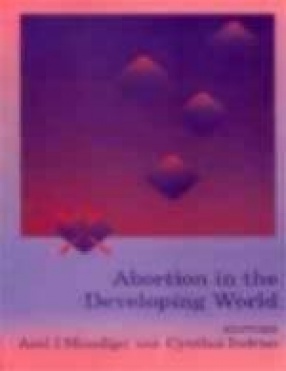


India's party system has undergone a profound transformation over the last decade. The Congress Party, a catchall party that brought independence in 1947 and governed India for much of the period since then, no longer dominates the electoral scene. Political parties that draw support from particular castes and religious groups are now more powerful than ever before. Democracy without Associations explains why religious and caste-based political parties have come ...
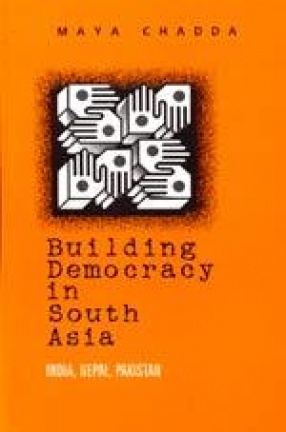
While there are many books which study the process of transition from authoritarianism to democracy in the international political context, very few of them discuss how South Asia's political experience fits in with the current discourse on third wave democracies. Moreover, the existing literature has so far taken poverty, instability, corruption and endemic violence in the region as evidence that democracy is either non-existent or, at best, of a very inferior ...




One of the profound changes in contemporary Indian society has been the emergence of a new sense of identity among the Dalits. The Dalit movement not only rejects the very ideas of pollution, impurity and 'untouchability' but in the process is forging a new vision for Indian society which is different from that espoused by the higher castes. This volume explores the social, economic political and cultural content of the Dalit articulation and its relevance for ...

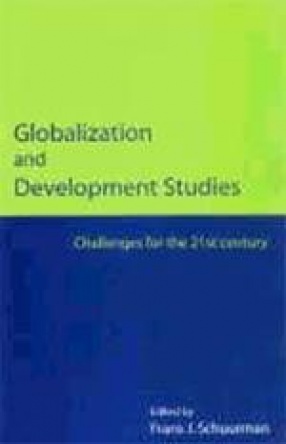
This text provides a comprehensive introduction to the concept of globalization and its challenge to the contemporary study of development. Part 1 introduces the theoretical issues and debates surrounding globalization, illustrates the often contested nature of the concept, and considers the implications for the future of development studies. Part 2 reviews more specific theory and policy implications by assessing the impact of globalization on a number of key ...
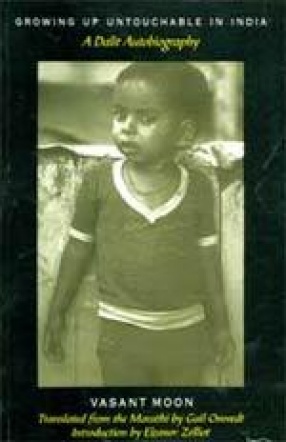
Vasant Moon's Growing up Untouchable in India is the first Dalit autobiography to be published in English. Moon's story is about his vasti, or neighborhood, and a community of people considered to be at the bottom of the caste hierarchy. It reveals a complex yet rich slum culture where Dalits are not seen merely as victims but as a community with strong bonds, striving and struggling to shed their sense of inferiority. Although a story of Moon's life, this book ...
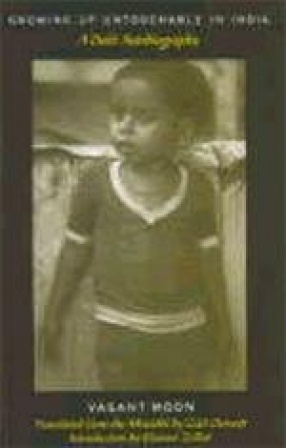
The book examines how the migration of female labor from Sri Lanka to the Persian Gulf states has spurred changes in the social configurations and gender relations in a coastal village in Sri Lanka. It discusses how this migration forms part of a complex transnational movement of populations, commodities, currencies, and ideologies. In an increasingly interconnected world, events at the local level often reflect close links with global systems. Similarly, ...

This volume presents an original account of Mahatma Gandhi’s four meanings of freedom: as sovereign national independence, as the political freedom of the individual, as freedom from poverty, and as the capacity for self-rule or spiritual freedom. Gandhi taught that human well-being, both for the individual and for the collective, requires the simultaneous enjoyment of all four of these aspects. Gandhi drew his ideas on the subject from both Eastern and Western ...
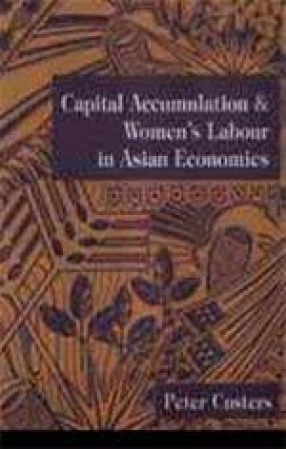
The author first locates present-day feminist debates in the context of the intellectual controversies on labour which accompanied the growth of social and women workers' movements in 19th and early 20th century Europe. The labour conditions in the readymade garments industry--a key sector in many Asian economies--are highlighted, with special reference to women stitchers in Bangladesh and women homeworkers in West Bengal. The book also provides a wide-ranging ...
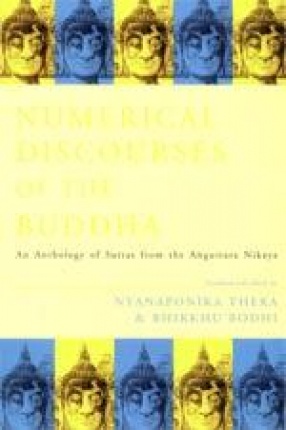
Drawn from the Anguttara Nikaya, Numerical Discourses of the Buddha brings together teachings of the Buddha ranging from basic ethical observances recommended to the busy man or woman of the world, to the more rigorous instructions on mental training prescribed for the monks and nuns. The Anguttara Nikaya is a part of the Pali Canon, the authorized recension of the Buddha's Word for followers of Theravada Buddhism, the form of Buddhism prevailing in the Buddhist ...

One of the profound changes in contemporary Indian society has been the emergence of a new sense of identity among the Dalits. The Dalit movement not only rejects the very ideas of pollution, impurity and 'untouchability' but in the process is forging a new vision for Indian society which is different from that espoused by the higher castes. This volume explores the social, economic political and cultural content of the Dalit articulation and its relevance for ...

Interpreting Islam documents the diversity and richness of contemporary knowledge about Islam and Muslim society. The perpetuation of myths and stereotypes in the west has meant that Islam is much misunderstood. To help readers make sense of Islam this book examines the range of disciplinary approaches involved in its study. It focuses not only on what these approaches have emphasized but also on what they have left out, as well as on their varied responses to ...


The nuclear weapons and ballistic missile tests conducted by India and Pakistan in the late 1990s substantially altered the security environment, both in the region and globally. Examining the complexities and dynamics of this new strategic context, this timely and significant book examines the claim of many Indian strategists that stability in the region is better served under conditions of declared - rather than covertly developed - nuclear weapons. Bringing ...
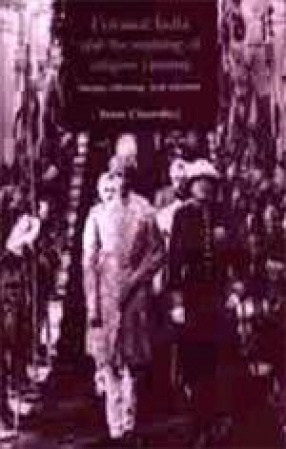
This book is an empirico-historical enquiry into the empire cinema made in Hollywood and Britain during the turbulent 1930s and 1940s. It shows how empire cinema constructed the colonial world, its rationale for doing so, and the manner in which such constructions were received by the colonised people. Although empire cinema has been examined by western scholars, such studies have located the films almost wholly within the colonising country, rather than ...
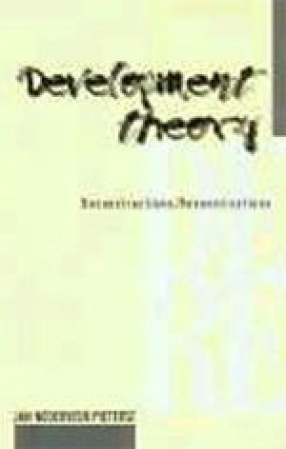
What are the connections between development and globalization? How do culture and modernity relate to the economic inequality between nations? In this exciting and panoramic book, one of the leading commentators on the theory and policy of development distils his thinking. The book ranges widely over issues of Eurocentrism, critical globalism, intercultural transaction, delinking and alternative, human and post-development theory. It also works through a series ...
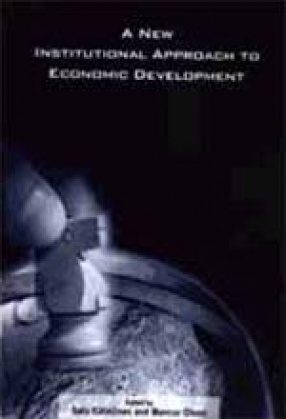
Many of economics' recent successes have been outside the traditional boundaries of the discipline. Modern economics has had a deep influence on thinking in other social sciences leading to the theoretical integration of all the social sciences under an overarching paradigm. This important volume illustrates the intellectual advances that account for this unified view of economies and societies. The editors and contributors discuss and analyze the interaction ...

In this groundbreaking book, Akbar Ahmed, one of the world’s leading authorities on Islam who has worked in the Muslim world but lives in the West, explains what is going wrong in his society by referring to Islamic history and beliefs. Employing theological and anthropological perspectives, he attempts to answer the questions that people in the West are asking about Islam: ‘why do they hate us’? ‘Is Islam compatible with democracy?’ Does Islam ...
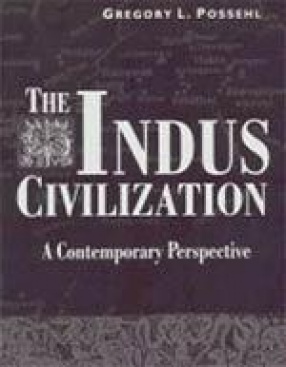
The Indus Civilization of India and Pakistan was contemporary with, and as equally complex as, the better-known cultures of Mesopotamia, Egypt, and China. The dean of North American Indus scholars, Gregory Possehl, marshals the state of knowledge about this fascinating culture in a readable synthesis. He traces the rise and fall of this civilization; examines the economic, architectural, artistic, religious, and intellectual components of this culture; describes ...

Micro-finance, or 'micro-credit' as it is sometimes known, is growing in importance throughout the world. As a consequence, non-government organisations, commercial banks, and specialised micro-finance institutions, all need to introduce their staff to the new skills required, and to recruit new personnel to satisfy the growing needs. This immensely practical manual is designed to improve the quality and content of micro-finance training programmes, and thereby ...

In this path-breaking study, social economist Naila Kabeer examines the lives of Bangladeshi garment workers to shed light on the question of what constitutes ‘fair’ competition in international trade. While Bangladesh is generally considered a poor, conservative Muslim country, with a long tradition of female seclusion, women here have entered factories to take their place as a prominent, first generation, industrial labour force. In Britain, on the other ...
